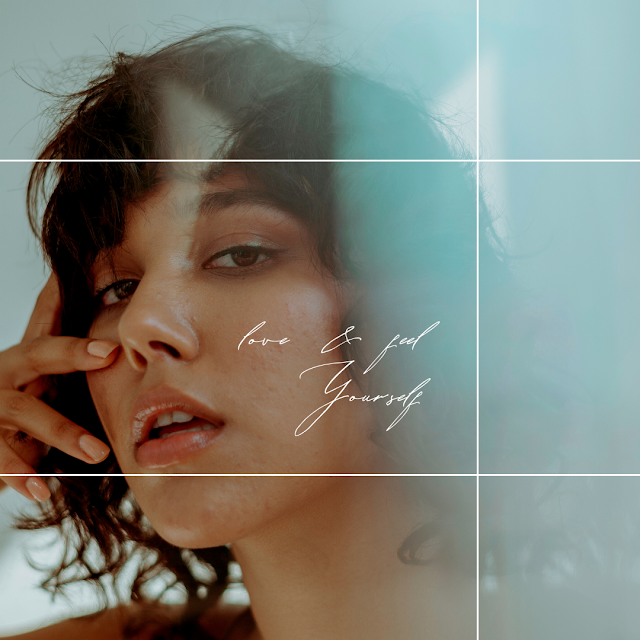Breaking Stereotypes: Redefining Femininity in the 21st Century
In the ever-evolving landscape of the 21st century, society is witnessing a remarkable transformation in the way femininity is perceived. Traditional stereotypes that once confined women to narrow roles are now being challenged and dismantled. As we delve into this paradigm shift, it becomes evident that modern women are rewriting the script, empowering themselves, and redefining what it means to be feminine.
The Shackles of Traditional Stereotypes
For centuries, society has imposed rigid stereotypes on femininity, dictating what is considered acceptable behavior, appearance, and aspirations for women. Women were often confined to predefined roles as caregivers, homemakers, and nurturers. These stereotypes not only limited women's potential but also perpetuated harmful notions about what it means to be feminine.
Challenging the Status Quo
In the 21st century, women are boldly challenging these long-standing stereotypes, reshaping societal expectations, and embracing a more inclusive and diverse definition of femininity. One notable area where this change is evident is in the workplace. Women are no longer confined to traditional "female" professions but are thriving in fields such as science, technology, engineering, and mathematics (STEM) that were once dominated by men.
Empowering Women Breaking the Mold
A myriad of empowering women across various industries is breaking the mold and redefining femininity in inspiring ways. Take, for example, Malala Yousafzai, a symbol of resilience and courage. Malala defied societal norms in her pursuit of education, surviving a Taliban assassination attempt and later becoming the youngest-ever Nobel Prize laureate. Her story challenges the stereotype that women should be passive recipients of education rather than active seekers.
In the realm of sports, Serena Williams has become a force to be reckoned with, shattering the stereotype that athleticism is antithetical to femininity. Williams has not only dominated the tennis world but has also been an advocate for women's rights and equality, proving that strength and femininity are not mutually exclusive.
In the entertainment industry, actresses like Viola Davis and Lupita Nyong'o are challenging conventional beauty standards and redefining what it means to be a leading lady. Their powerful performances and outspoken advocacy for diversity and inclusion challenge the notion that only a certain type of femininity is celebrated in Hollywood.
Intersectionality and Inclusivity
The redefinition of femininity in the 21st century is not only about breaking stereotypes but also embracing intersectionality and inclusivity. Women from diverse backgrounds, ethnicities, sexual orientations, and abilities are contributing to this evolution, emphasizing that there is no one-size-fits-all definition of femininity.
Final thoughts
As we navigate the 21st century, it is clear that the old, confining stereotypes of femininity are no longer sustainable. Empowered women around the world are challenging these narratives and forging new paths. The redefinition of femininity is not about erasing traditional qualities but acknowledging and celebrating the vast spectrum of expressions that make each woman unique. By embracing diversity and breaking stereotypes, we are not just redefining femininity but contributing to a more inclusive and equitable society for everyone.
Thankful for your presence, Neja










Comments
Post a Comment